
The Best Hay, Grass, and Other Forages for Your Horse
Studies show that quality forage is the healthiest diet option for horses. Learn about selecting hay, growing pasture, and choosing the right forage for your horse.

Studies show that quality forage is the healthiest diet option for horses. Learn about selecting hay, growing pasture, and choosing the right forage for your horse.

Learn about different kinds of grass, variety selection, establishing new grasses, and grazing tolerance.

Dr. Nancy Loving and Horses for Clean Water’s Alayne Blickle share safety tips for free feeding horses during the winter.
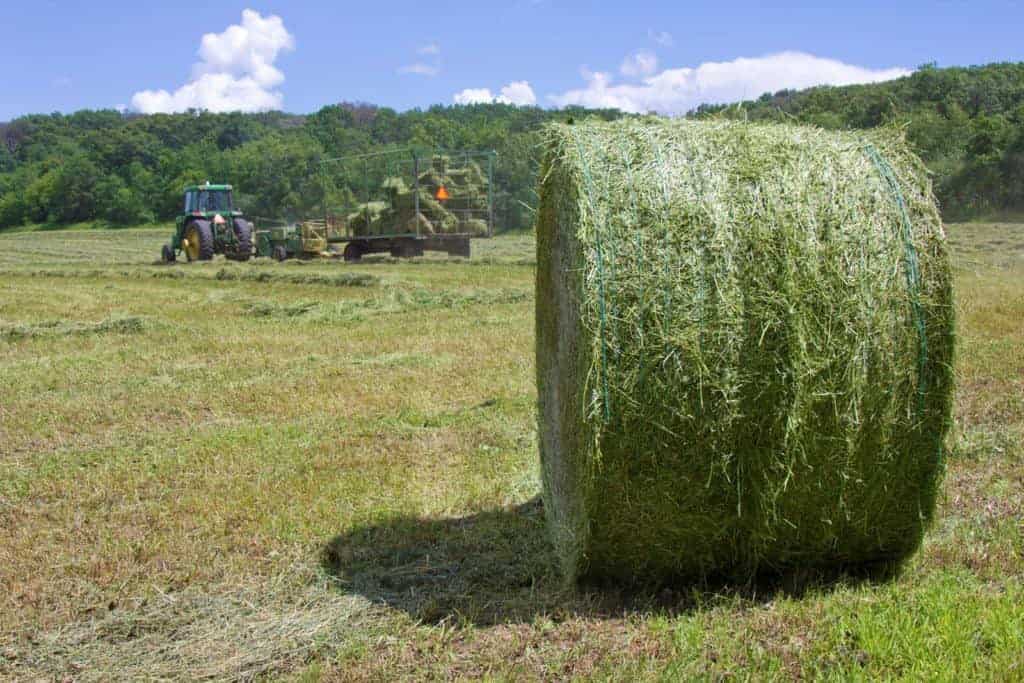
Discussion topics include alfalfa and the environment, perspectives about hay quality, and more.
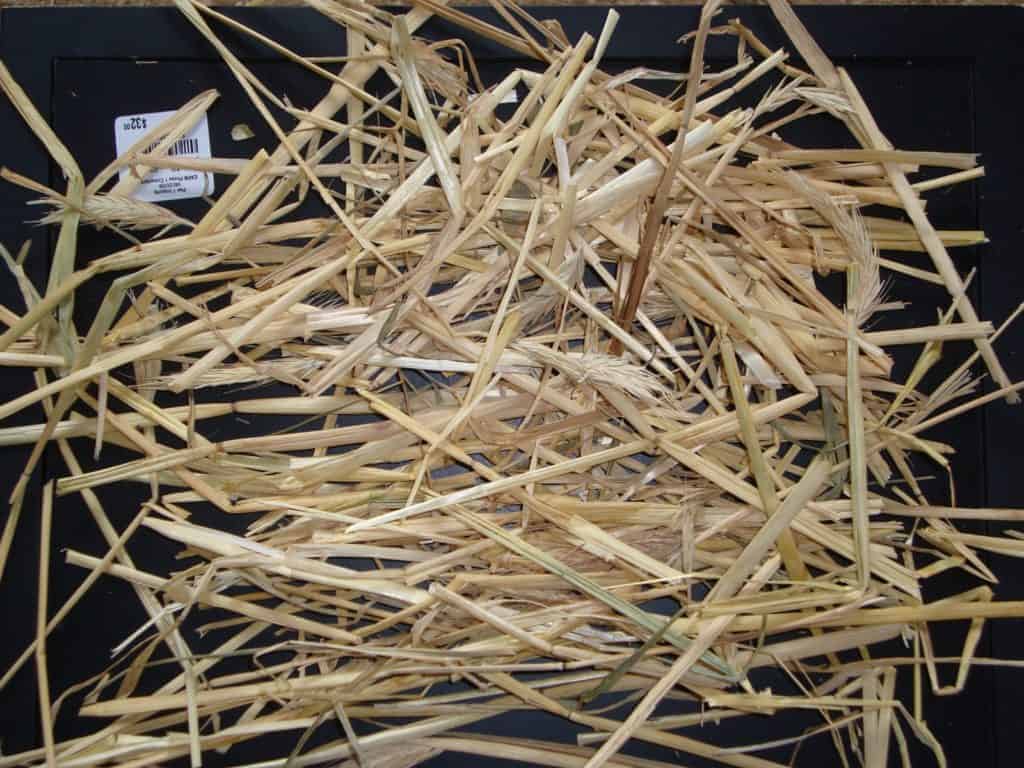
Industry professionals believe awns in rye straw, lip ulcers, and infection could be behind the horse’s sudden death.

Here are five ways to help your horse stay healthy and happy through the new year.

Some parts of the country are bracing for a cold start to 2015. Here are a few winter horse care tips to remember.
The conferences are designed to show attendees how forage management can make a difference in a farm’s bottom line.
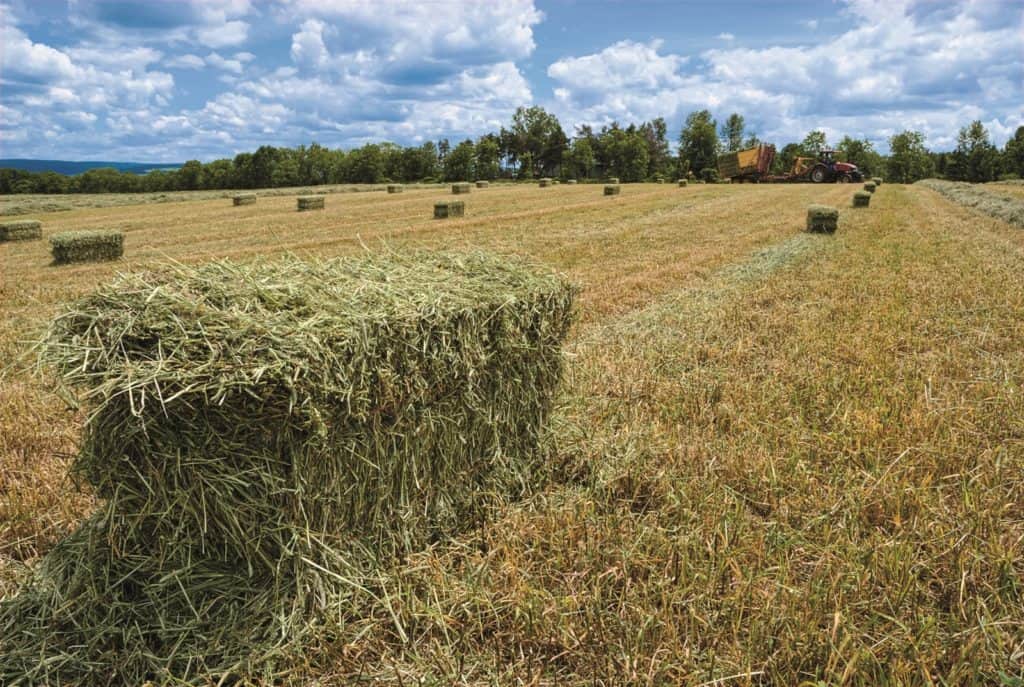
Using a hay feeder produces less waste and will save horse owners money in the long run, researchers say.
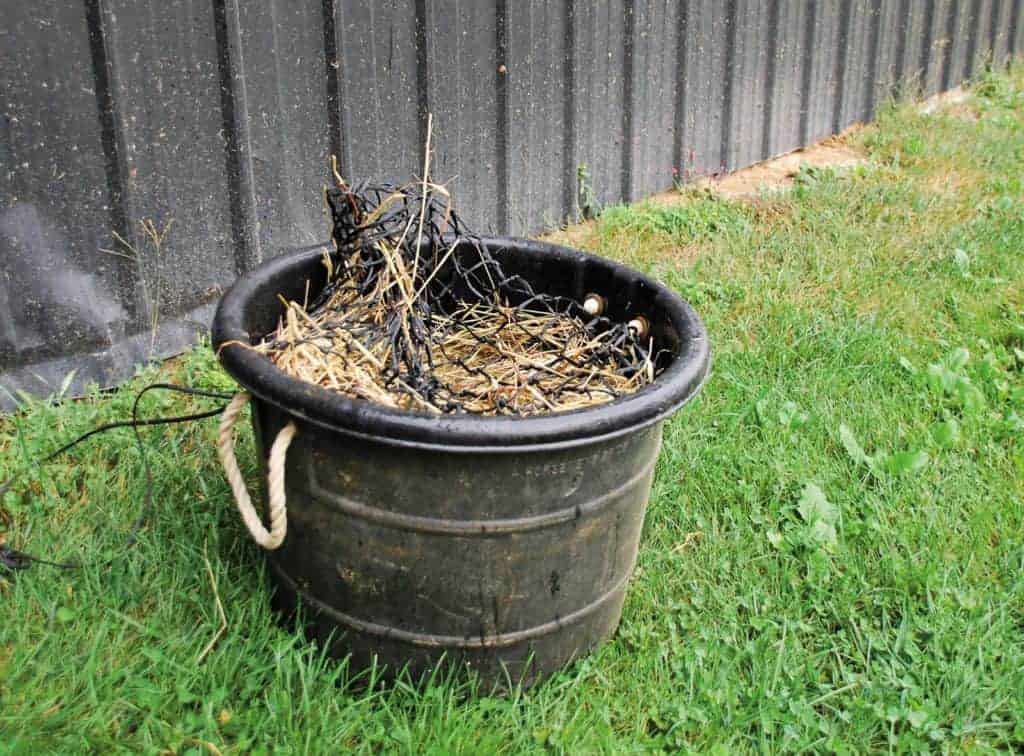
Of the 755 respondents, 584 (77%) said they do not soak their horses’ hay.

Equine metabolic syndrome doesn’t just cause equids’ girths to expand; it can also lead to other health conditions.

Prepare for drought long before pastures wither and hay supplies dwindle.

Dr. Clair Thunes explains why measuring feed by weight rather than volume is important for horse health.

Equine nutrition consultant Dr. Clair Thunes explains how hay analysis can help you provide your horse a balanced diet.
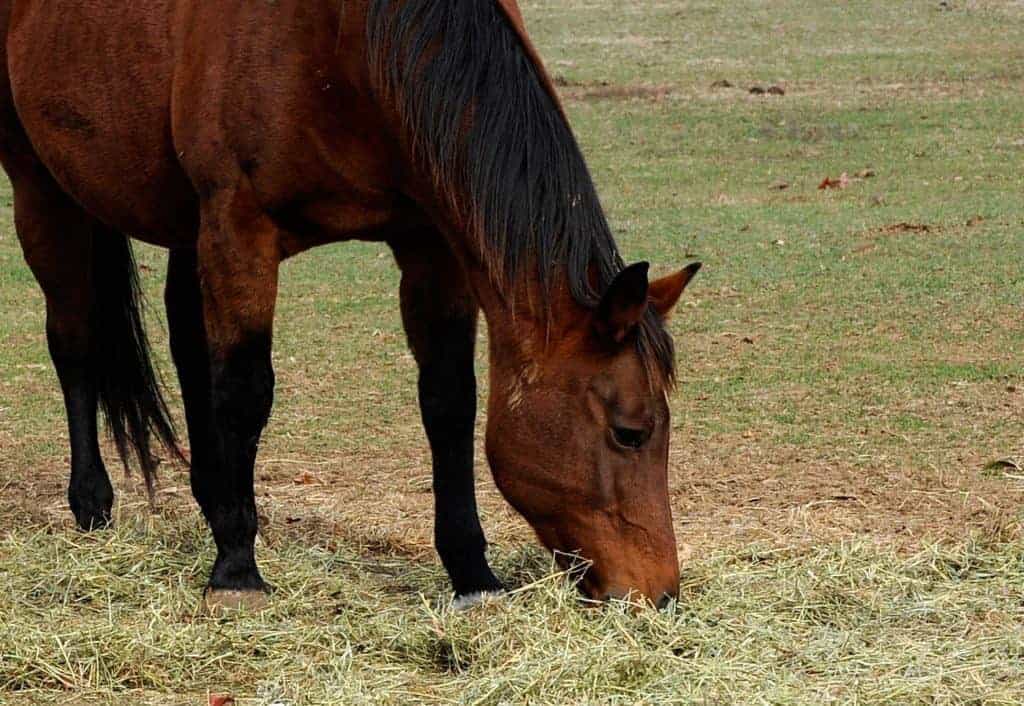
Find out how supplements can help provide your horse important trace minerals that might be lacking in hay.

Now is the optimal time for Kentucky forage producers to cut hay to ensure they get good quality and yield.
Stay on top of the most recent Horse Health news with
"*" indicates required fields